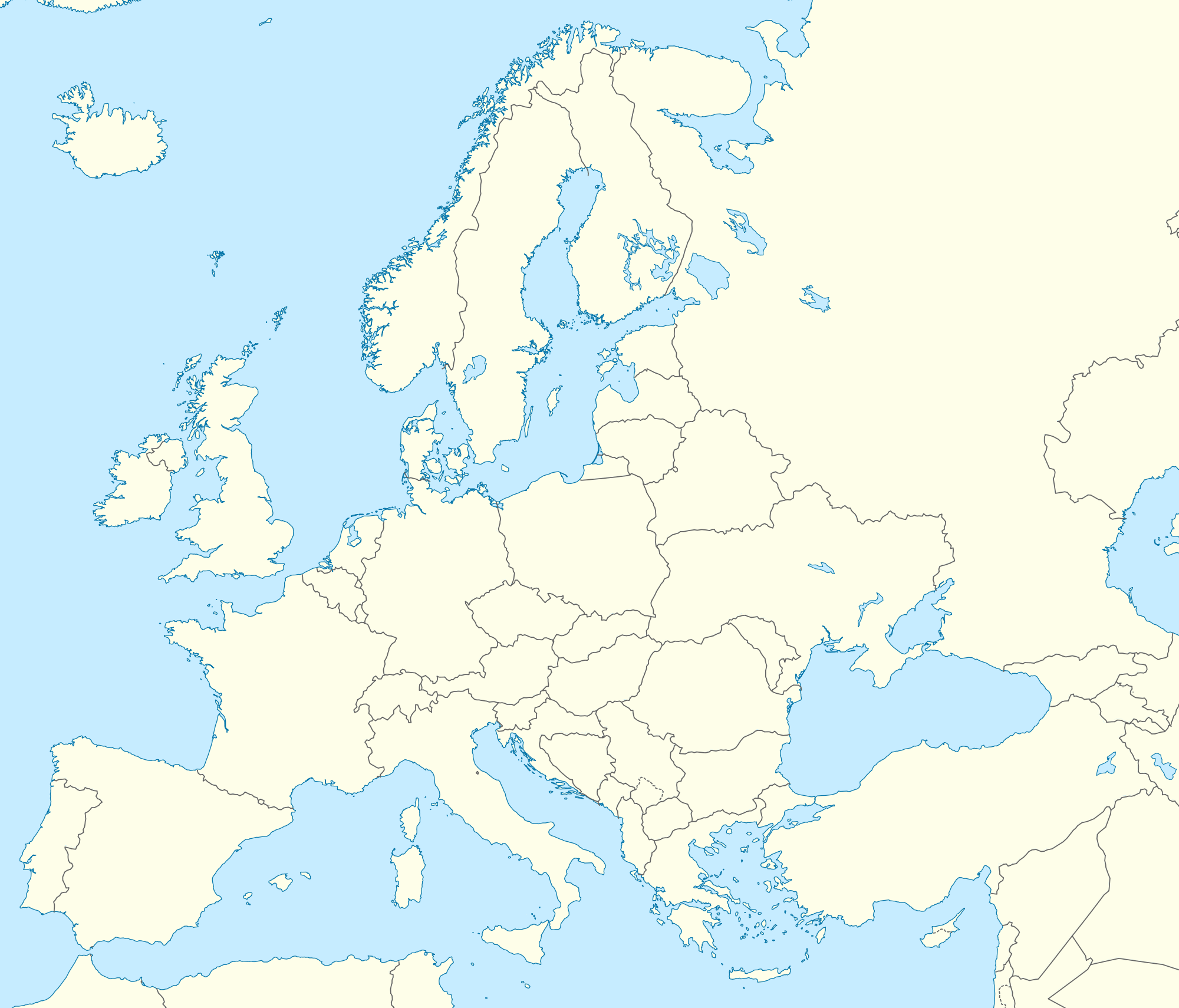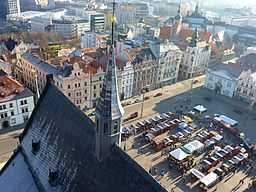European Capital of Culture


The European Capital of Culture is a city designated by the European Union for a period of one calendar year during which it organises a series of cultural events with a strong European dimension.
Preparing a European Capital of Culture can be an opportunity for the city to generate considerable cultural, social and economic benefits and it can help foster urban regeneration, change the city's image and raise its visibility and profile on an international scale.
In 1985, former actress Melina Mercouri, then Greece’s Minister of Culture, and her French counterpart Jack Lang came up with the idea of designating an annual Capital of Culture to bring Europeans closer together by highlighting the richness and diversity of European cultures and raising awareness of their common history and values.
The Commission of the European Union manages the title and each year the Council of Ministers of the European Union formally designates European Capitals of Culture: more than 40 cities have been designated so far.
An international panel of cultural experts is in charge of assessing the proposals of cities for the title according to criteria specified by the European Union.
A 2004 study conducted for the European Commission, know as the "Palmer report", demonstrated that the choice of European Capital of Culture served as a catalyst for the cultural development and the transformation of the city.[1] Consequently, the beneficial socio-economic development and impact for the chosen city are now also considered in determining the chosen cities.
History
The European Capital of Culture programme was initially called the European City of Culture and was conceived in 1983, by Melina Mercouri, then serving as Greek Minister of Culture. Mercouri believed that at the time, culture was not given the same attention as politics and economics and a project for promoting European cultures within the member states should be pursued. The European City of Culture programme was launched in the summer of 1985 with Athens being the first title-holder. During the German Presidency of 1999, the European City of Culture programme was renamed the European Capital of Culture.[2]
List of date of European Capital of Culture
See also
References
- ↑ Palmer, Robert (2004) "European Cities and Capitals of Culture" Part I. Part II. Study prepared for the European Commission
- ↑ Kiran Klaus Patel, ed., The Cultural Politics of Europe: European Capitals of Culture and European Union since the 1980s (London: Routledge, 2013)
- ↑ Press release from the Danish Ministry of Culture on the Selection Committee’s decision August 24, 2012 (in Danish)
- ↑ Romanian bid for European Capital of Culture 2021
- ↑ Cetinje će podnijeti kandidaturu za Evropsku prijestonicu kulture 2021
- ↑ Annual Conference, Novi Sad on its way towards the European Capital of Culture 2021
External links
- European Capitals of Culture
- Decision No 1622/2006/EC of the European Parliament and of the Council of 24 October 2006 establishing a Community action for the European Capital of Culture event for the years 2007 to 2019
- Decision No 445/2014/EU of the European Parliament and of the Council of 16 April 2014 establishing a Union action for the European Capitals of Culture for the years 2020 to 2033 and repealing Decision No 1622/2006/EC
- European Cultural Capital Report 3 (2011) A report by Robert Palmer, Greg Richards and Diane Dodd. Association for Tourism and Leisure Education (ATLAS)
| Wikimedia Commons has media related to European Capital of Culture. |
| ||||||